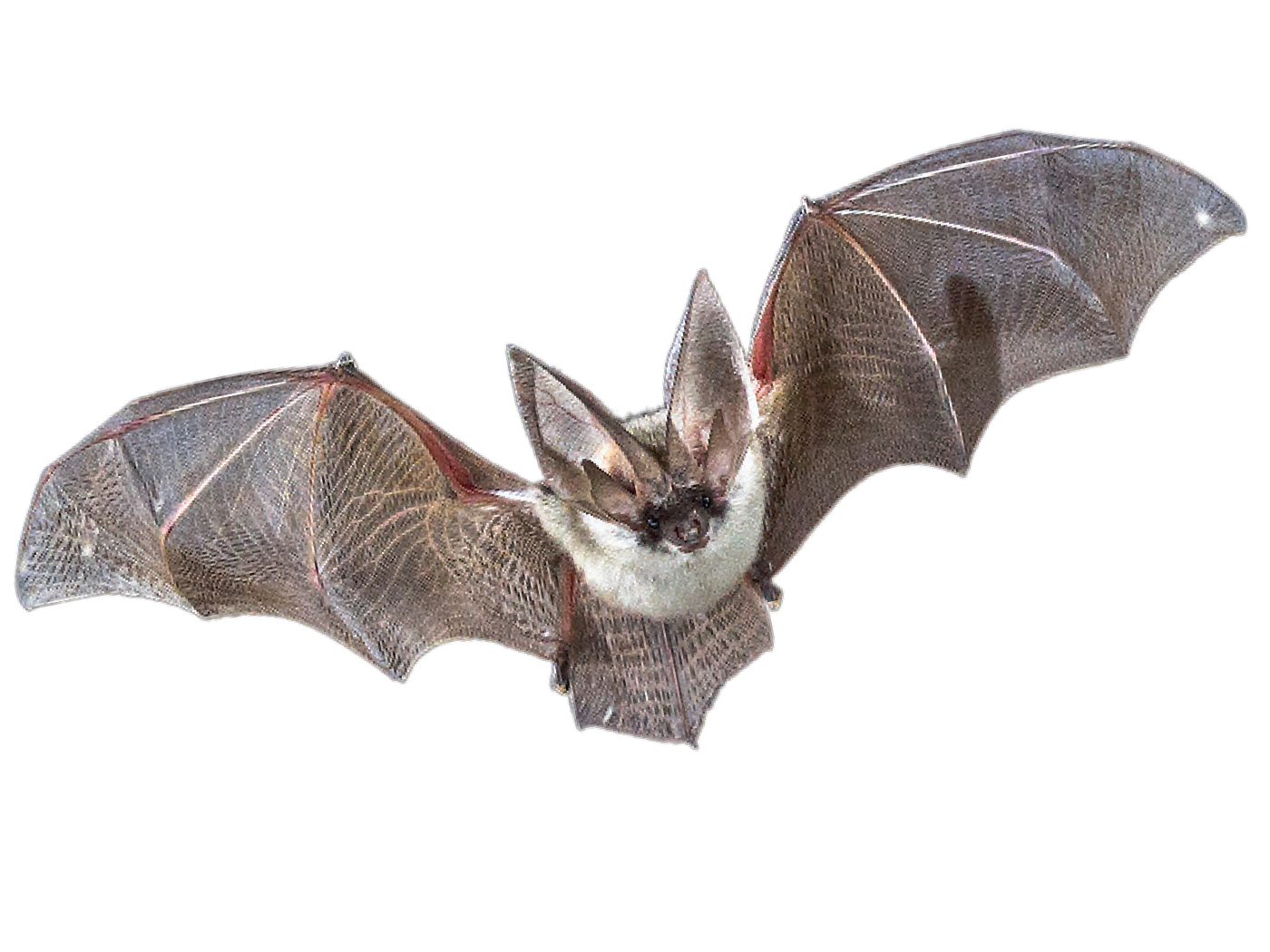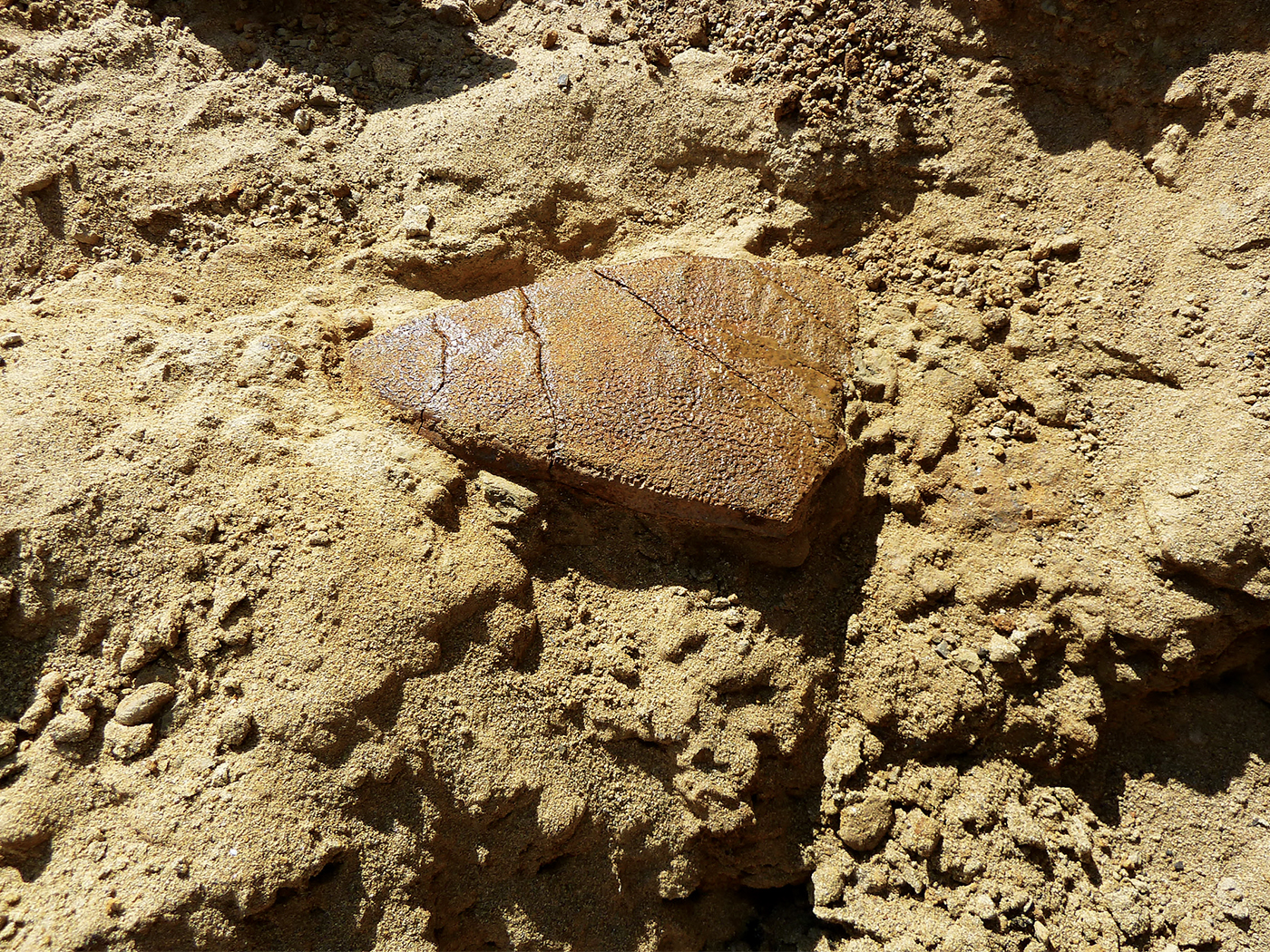Scientists like to be accepted as clear-thinking, objective scholars who observe and measure natural processes as they actually occur, documenting and confirming experimentally the physical phenomena of the real world. Their scientific method involves careful testing and replication of experimental data, without regard to personal beliefs.
Such ideals are not always attained, unfortunately. Scientists are fallible, sinful human beings, just like everyone else. Often they are downright bigoted, especially when asked to consider a concept outside their naturalistic worldview. Their process of "peer review" screens out all other worldviews and any data which support them.
For example, consider the complaint of one of their number, Dr. Lynn Margulis:
More and more . . . today's universities and professional societies guard their knowledge. Collusively, the university biology curriculum, the textbook publishers, the National Science Foundation review committees, the Graduate Record examiners, and the various microbiological, evolutionary, and zoological societies map out domains of the known and knowable; they distinguish required from forbidden knowledge, subtly punishing the trespassers with rejection and oblivion; they award the faithful liturgists by granting degrees and dispersing funds and fellowships. Universities and academies . . . determine who is permitted to know and just what it is that he or she may know. Biology, botany, zoology, biochemistry, and microbiology departments within U.S. universities determine access to knowledge about life, dispensing it at high prices in peculiar parcels called credit hours.1
One might almost think that the above had been written by a committee of creation scientists complaining about their ostracism by the evolutionary establishment. The fact is, however, that Dr. Margulis is a doctrinaire evolutionist herself, strenuously opposed to creationism. She has impeccable credentials (a Ph.D. from the University of California at Berkeley) and is Distinguished Professor of Biology at the University of Massachusetts.
Note also the complaint of one of the world's most distinguished evolutionary astrophysicists. Referring to his own theory of the origin of the universe which differs from the orthodox "Big Bang" theory, Dr. Hannes Alfvèn, says:
This has been a great advantage because it gives me a possibility to approach the phenomena from another point than most astrophysicists do, and it is always fruitful to look at any phenomenon under two different points of view. On the other hand, it has given me a serious disadvantage. When I describe the phenomena according to this formalism, most referees do not understand what I say and turn down my papers.2
Margulis is unhappy that she cannot get a good hearing for the Gaia Hypothesis by the Darwinist-controlled scientific establishment, and Alfvèn is complaining that the "Big Bang" evolutionary cosmologists conspire to prevent studies and publications on his own evolutionary cosmology. Neither Margulis nor Alfvèn are creationists and both would undoubtedly be opposed to publishing creationist articles in any scientific journal.
Nevertheless, they do highlight a problem that creationists encounter almost universally. People who criticize creationists for not publishing their articles in the standard scientific journals should realize that this door is closed tight. We have tried, and we know!
Scientists can be plain bigots when considering concepts they don't favor. We are not the first to recognize this. Another top scientist, Dr. Philip Abelson, noted this fact years ago.
One of the most astonishing characteristics of scientists is that some of them are plain old-fashioned bigots. Their zeal has a fanatical egocentric quality characterized by disdain and intolerance for anyone or any value not associated with a special area of intellectual activity.3
At the time he wrote this editorial, Dr. Abelson was editor of Science, the official journal of the American Association for Advancement of Science, so he surely knew what he was talking about! Yet he would have been as adamant as anyone else against giving creationists a hearing in his journal.
It is not that creationist scientists have not published in their own scientific fields. For example, before coming to ICR, Dr. Duane Gish had published at least 25 articles on biochemistry in secular science journals, Dr. Ken Cumming over 18 articles in biology, and Dr. Larry Vardiman at least 10 articles in atmospheric physics. My own publications in engineering include five books and 20 articles. One of the books, Applied Hydraulics in Engineering, has been continuously in print since 1963 and has been used as a textbook in scores of universities.
But none of us can get a scientific article promoting creationism published in the secular journals, whether technical journals or popular magazines such as Reader's Digest or National Geographic. In fact, very few religious magazines will accept an article on creationism, especially one that promotes six-day creation and a global Flood.
On one occasion, a member of the Society of Exploration Geophysicists was able to get an invitation for me to speak at their convention, with an agreement that the Society would publish the paper in its journal. When they saw my paper, however, they quickly reneged, even though the article had no religious material in it at all, only science. It was later published by ICR as the small book, The Scientific Case for Creation. It was translated into Russian and was instrumental in the conversion of a significant number of Russian scientists and science students to creationism and then to Christ, prior to the fall of Communism.
Such evolutionist bigotry has been encountered many times here at ICR, as well as by other creationists. Most readers may remember the failed attempt of the California Department of Education to close the ICR Graduate School, for example. The rationale behind such bigotry was indicated by the State Superintendent of Education, Bill Honig, when he told me verbally that science is not science without evolution, and therefore we could not teach science. As a lawyer, he had been indoctrinated by the scientists at Berkeley and other state universities into this ideology.
Lynn Margulis (not arguing for the right of students to learn the scientific evidence for creation, but rather her own Gaian theory of evolutionary pantheism) has expressed her concerns rather colorfully.
Yet the Academy guards, using neo-Darwinism as a tool, superimpose a gigantic superstructure of mechanism and hierarchy that protects the throbbing biosphere from being directly sensed by these new scientists—people most in need of sensing it. The dispensers of the funds for scientific research and education and other opportunity makers, herd the best minds and bodies into sterile laboratories and white-walled university cloisters to be catechized with dogmatic nonsense. . . .4
Now if Margulis finds it frustrating to try to get the scientific evolutionary theory of Gaia (i.e., "Mother Earth") taught in the classrooms and laboratories and textbooks of science (along with Darwinian evolution), she ought to try to get a hearing for scientific creationism!
All of this is why creationists have to publish their own books and journals and establish their own schools if they want their young people to learn the truth about origins. The bigotry of the scientific and educational establishments has forced us to this position, even in a once-free country like our own.
And if our youth never learn the great truths about Creation, the Fall, and the Curse, how can they ever really understand the meaning of salvation through Christ?
Somehow I can't help thinking about Christ's words to the intellectual leaders of the time when He walked the earth:
Woe unto you, scribes and Pharisees, hypocrites! for ye compass sea and land to make one proselyte, and when he is made, ye make him twofold more the child of hell than yourselves.5
Notes
1 Lynn Margulis and Dorion Sagan, Slanted Truths: Essays on Gaia, Symbiosis, and Evolution (New York: Springer-Verlag, 1997), p. 265.
2 Hannes Alfèn, "Memoirs of a Dissident Scientist,"American Scientist (volume 76, May/June 1988), p. 250.
3 Philip H. Abelson, "Bigotry in Science," Science (volume 144, April 24, 1964), p. 373.
4 Margulis, op. cit., p. 279. Although Dorion Sagan is listed as co-author of this book, Dr. Margulis was author of the chapter containing the quotes cited in this article. She is the mother of Dorion Sagan and the first wife of the late Carl Sagan.
5 Matthew 23:15.
* Dr. Morris is Founder and President Emeritus of ICR.










